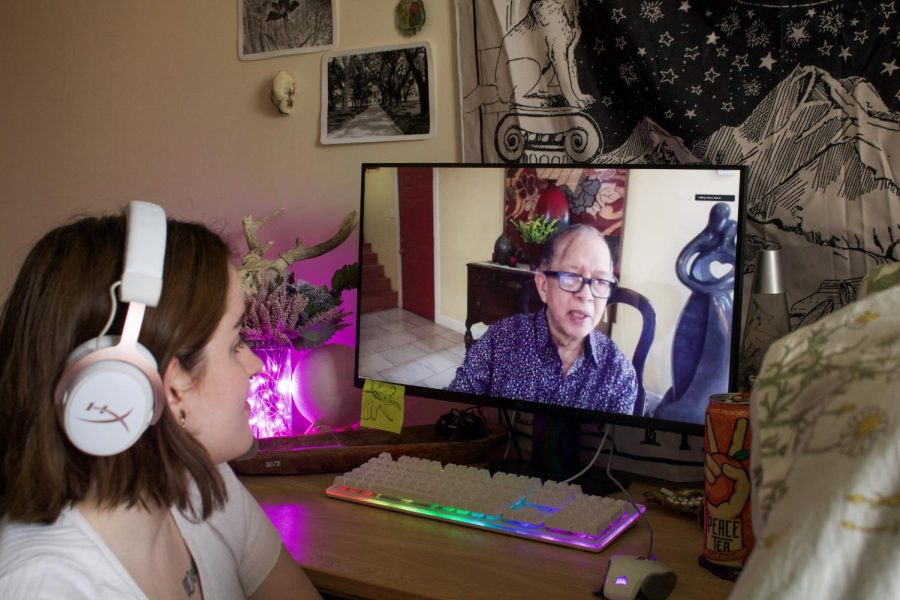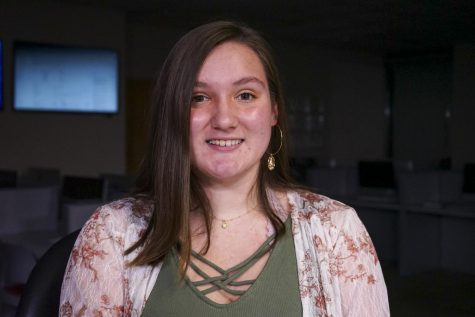Professors entered this semester teaching more online classes than ever after Loyola changed learning management systems over the summer and the change has made online learning more difficult for educators.
The university announced that it was terminating its contract with Blackboard over the summer, deciding instead to use Canvas to manage classes. It did this around the same time it was announced that most classes would be at least partially, if not entirely, online. This has led to some difficulties for professors as they learn how to navigate the new system and using it to communicate with their students.
Alvaro Alcazar, a professor of religious studies, is adjusting to the new teaching system, as he teaches every one of his classes virtually. Alcazar decided to stay home because of a liver transplant that puts him at high risk for COVID-19 complications. This is his first time virtually teaching in his many years at Loyola.
“I had made up my mind some years ago that I will not teach online,” Alcazar said. “I just love being with my students in a classroom, visiting with them before actual class happens and making connections with them before the actual course.”
Alcazar said he did not believe he could build those same relationships online.
“If your students don’t trust you, the learning process doesn’t really happen,” Alcazar said.
Still, he said he recognized that it might be healthier for him to stay home and is learning how to use both Canvas and Zoom.
Alcazar has taught himself the programs with a combination of watching recordings of faculty training and getting assistance from Adil Khan, one of the professors of religious studies on the training team.
Khan said the training process is time-consuming. He was teaching others the basics of Canvas so soon after learning it himself and said he wanted to help as much as he could.
“Many of my colleagues were not teaching online before the pandemic, so they effectively had to redo everything in March, and then once again over the summer when we switched from Blackboard to Canvas,” Khan said.
Khan was able to benefit from the demanding position though, as he said it helped him gain a better understanding of Canvas. He said he recognizes that Canvas has different strengths from Blackboard and on-campus learning, and he is structuring his courses to adapt to those strengths.
“It is a challenge because I feel like I could offer them so much more in an hour a week in-person than I can offer them right now online,” Khan admitted.
He also said that part of the way to overcome this challenge is from having more engaged participation from students.
“The problem now is that they need to work a little differently and adjust to online learning as well,” Khan said.
Khan emphasized that the transition is going to take a lot of adjustment from everyone, but that the students will get more out of it once they do.
As for Alcazar, he is trying improve the online learning experience and the course community for himself and his students. He is continuing to adapt to make professor and student relationships that he says are integral to a meaningful education.
“It’s harder to do a community from a distance, but it can happen,” Alcazar said.














